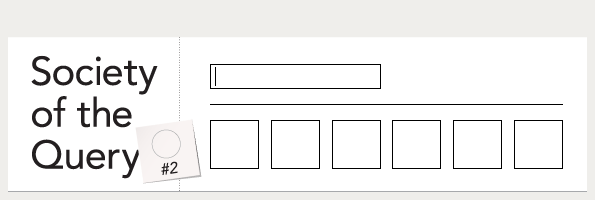The Fall 2009 lecture series at Harvard University recently featured a lecture by historian Robert Darnton, author of the essay Google & the Future of Books and director of the Harvard Library. In Google & the Future of Books, Darnton leaves no doubt as to the goal of research libraries to work toward opening up collections to readers everywhere. “Digitize we must”, he states, but stresses that it must be done in the interest of the public. He goes on to scrutinize the Google book settlement and discusses the implications of the deal that may result in the world’s largest library, as well as America’s greatest monopoly. Looking back, Darnton feels the research libraries have missed the opportunity to form a grand alliance in working toward a National Digital Library, and have left “a question of public policy – the control of access to information – to be determined by private lawsuit”.
On his Working Notes Blog, Ben Peters has written an excellent post about Darntons Harvard lecture. Peters, Visiting Fellow at Yale Law School and doctoral candidate at Columbia University studies the way the concept of information changes over time, technologies and societies, with an emphasis on Eastern Europe and America. In his lecture review, he highlights Darntons passion for the literary history of French Enlightenment and his long career in studying books, sketching the image of an “archetypal figure in a new class of open-source advocates: a mix of established man of letters and one who takes delight in slightly perverse and totally public revolution”.
Read Ben Peters’ post here:
http://www.columbia.edu/~bjp2108/blog
Google & the Future of Books on the New York Review of Books:
http://www.nybooks.com/articles/22281


